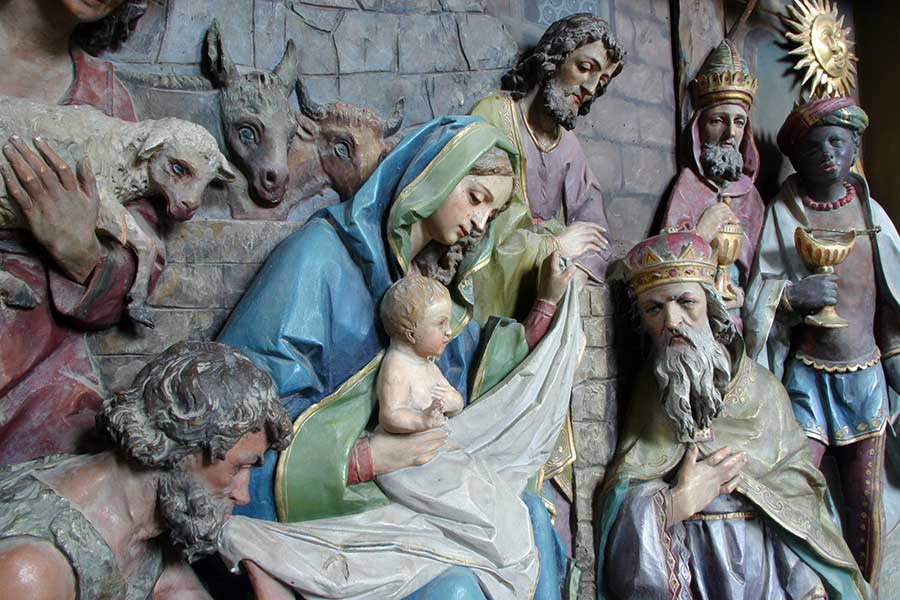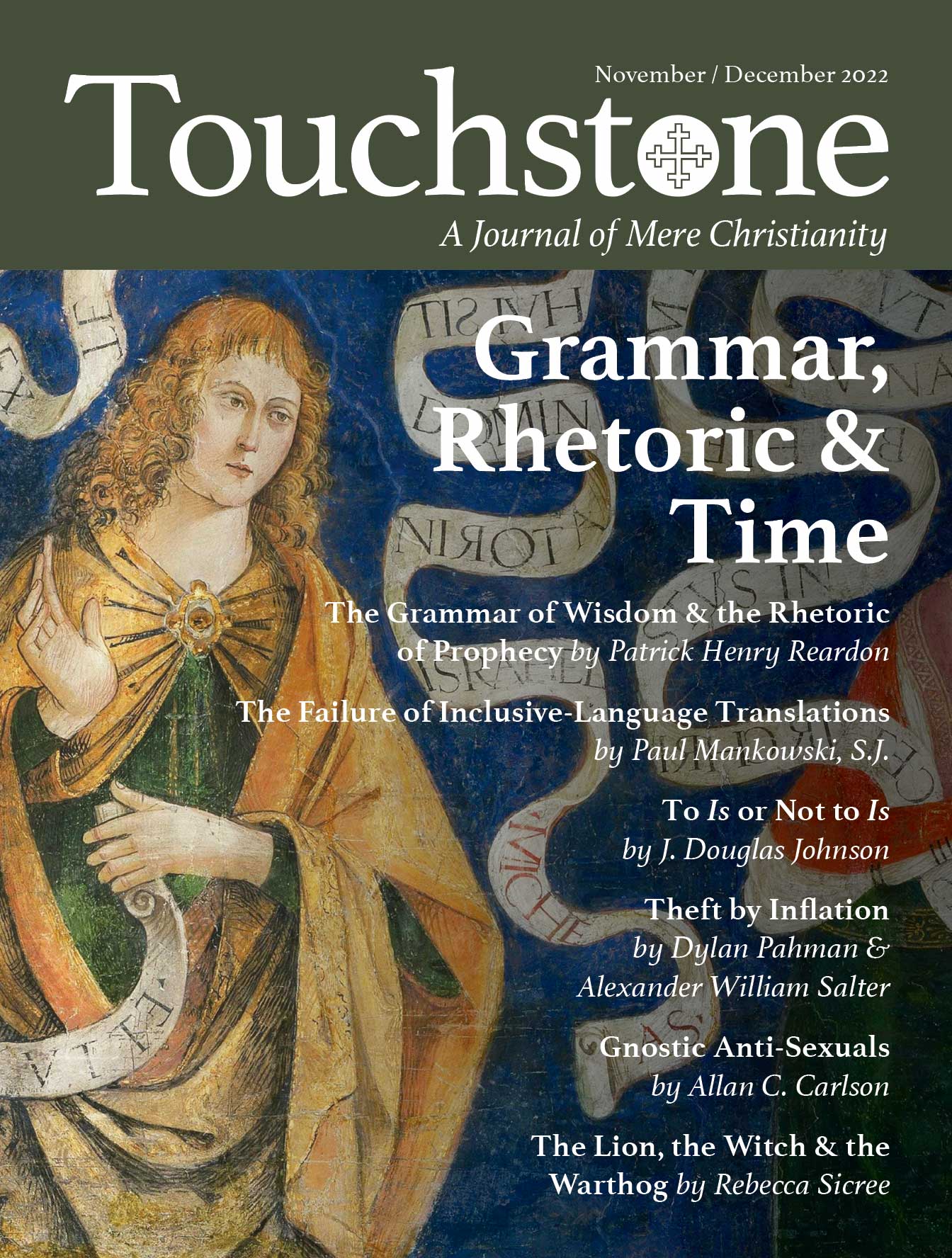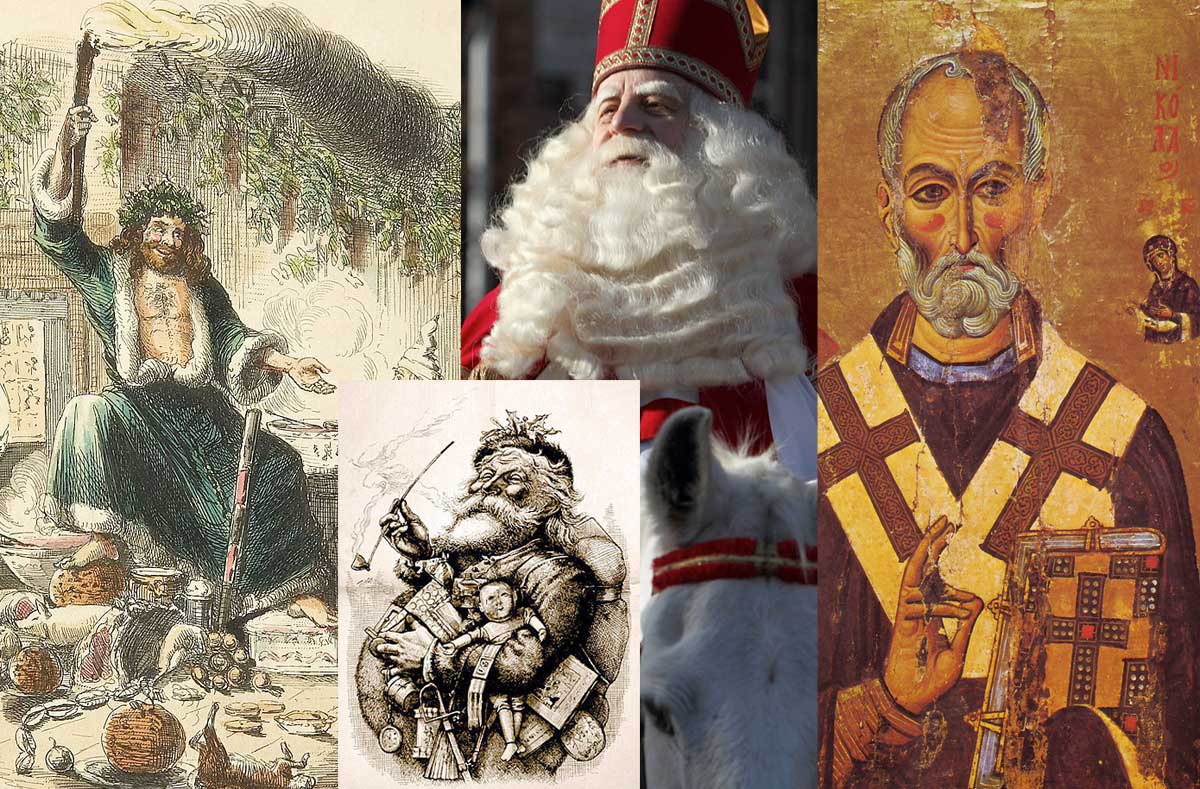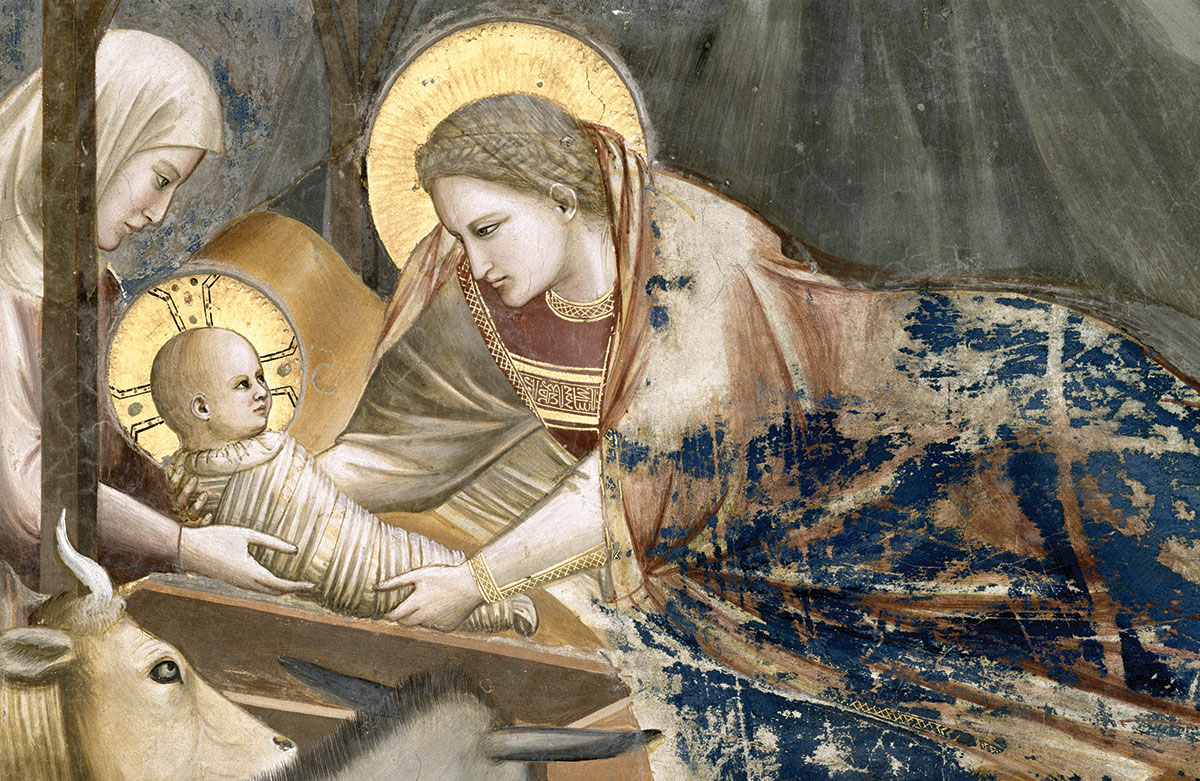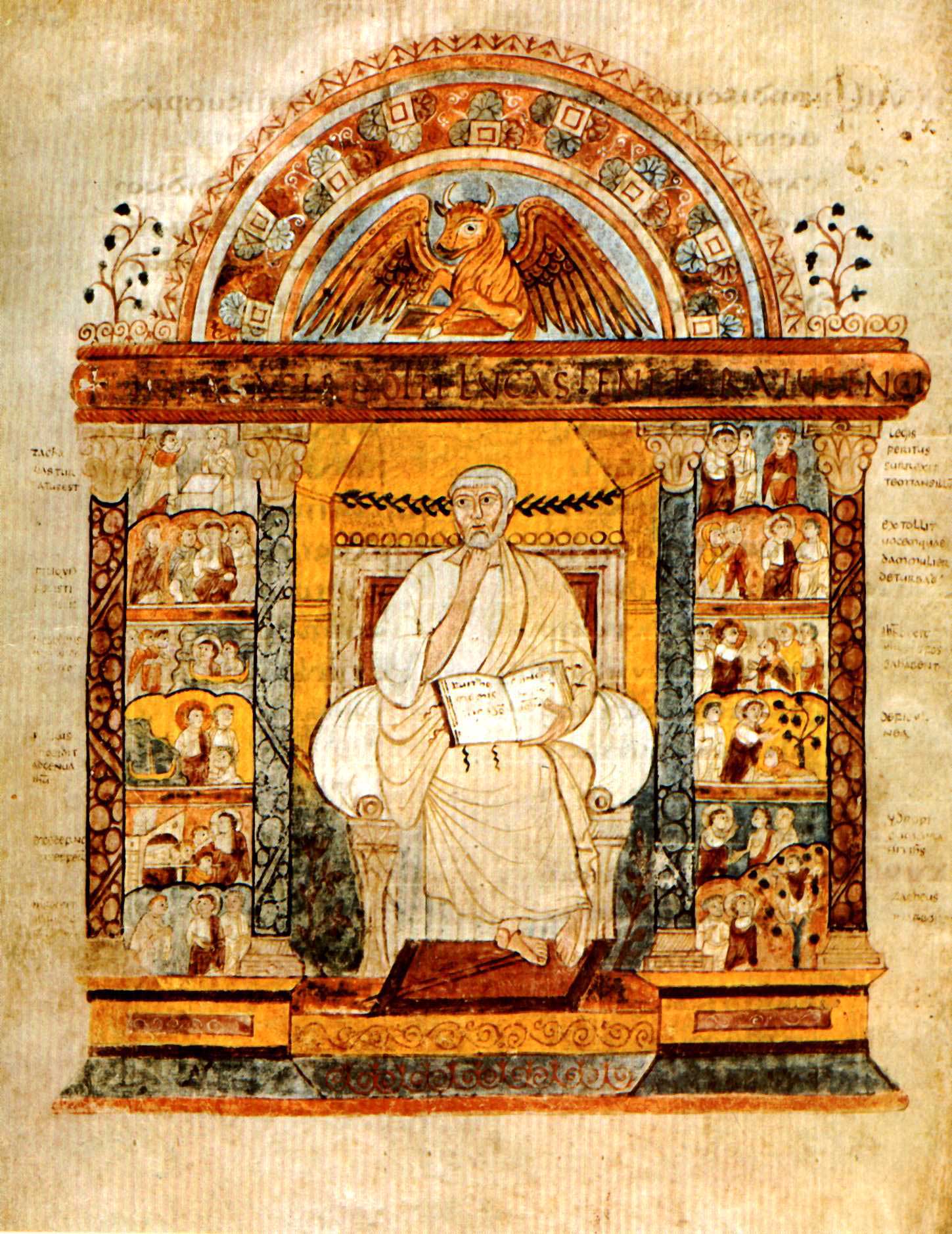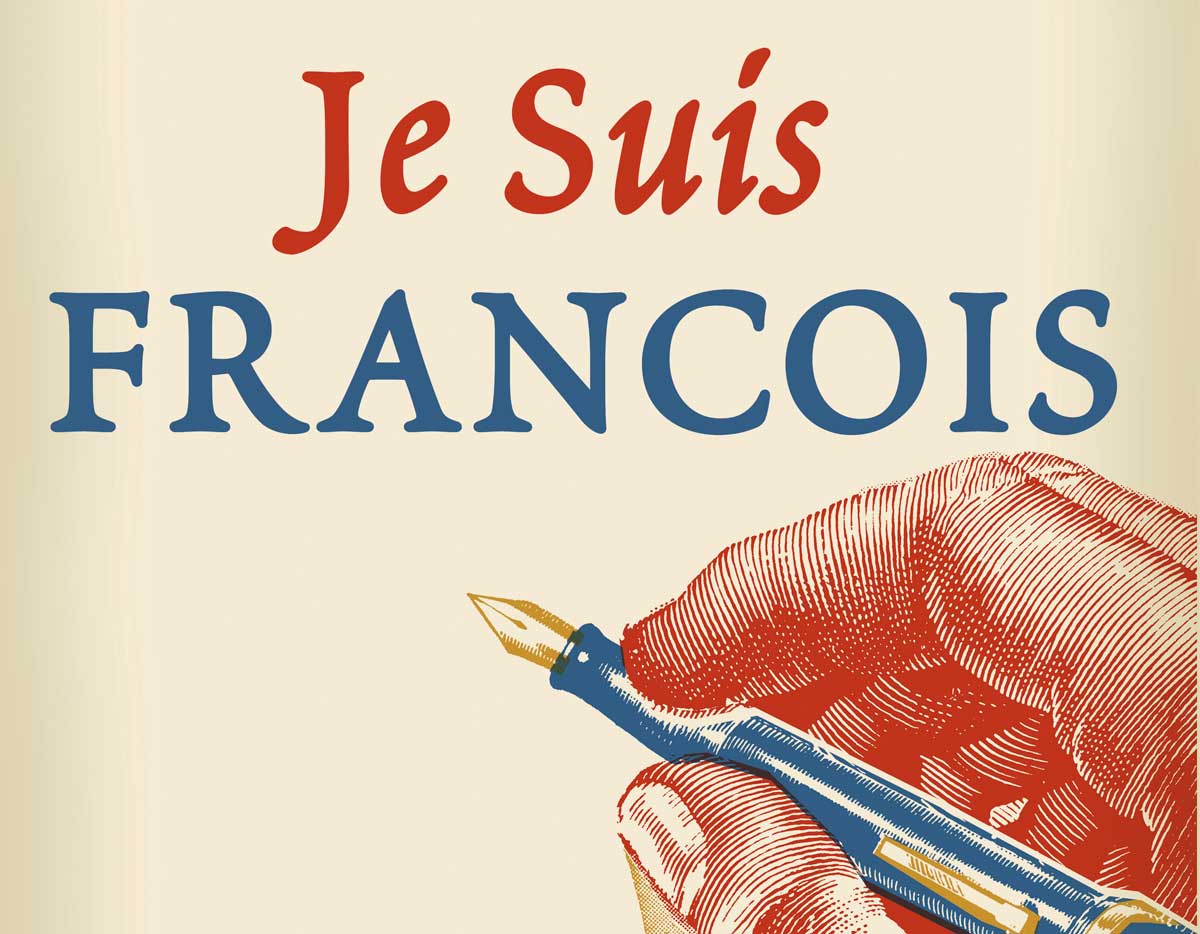The Prince’s Peace
on the Divine Promise Fulfilled by the Child of Bethlehem
One of the most commonly sung sacred verses was first heard on earth by the shepherds of Bethlehem on the first Christmas Eve: “Glory to God in the highest, and on earth peace, good will towards men.” We don’t know the melody they sang, but the shepherds passed along the words for posterity.
These angelic lyrics are woven into familiar Christmas carols: “Angels We Have Heard on High,” where the first half is repeated in Latin as the refrain, Gloria in excelsis Deo. We hearken to the “herald angels” who sing of “peace on earth and mercy mild,” while we listen to the bells on Christmas Day ring out, “Peace on earth, good will toward men.” “Silent Night” is bathed throughout in “heavenly peace.”
This angelic song from Luke’s Gospel is sung at the beginning of the Western liturgy as the opening words of the longer Gloria. In the Eastern churches, the same Gloria is sung at the end of matins.
Also, in both East and West in the daily hours of prayer, this Lucan verse is repeated three times, followed twice by, “Open thou my lips, and my mouth shall show forth thy praise,” as a prelude to praying the assigned psalms. Here we see a basic framework for Christian worship: it is hierarchical—glory to God in the highest—and descends to us men, created “a little lower than the angels” whom we join in singing this song. We acknowledge glory in the highest while calling down God’s governance upon our earthly lips.
We were first taught this hymn when our Savior was born in Bethlehem; two thousand years later, its familiarity has perhaps bred, not contempt, but inattention.
Opposed to War
What is the “peace on earth” that God announced to the shepherds, about which we’ve been singing ever since? Some may assume it is merely peace on the earth as opposed to war. After all, God does express interest in arresting the plague of war. We read in Psalm 46 this description of the Lord:
He makes wars cease to the ends of earth;
He breaks the bow and shatters the spear;
He burns the chariots with fire. (v. 9)
And Micah prophesied of the Lord: “And he shall judge among many people, and rebuke strong nations afar off; and they shall beat their swords into plowshares, and their spears into pruning-hooks: nation shall not lift up a sword against nation, neither shall they learn war any more” (4:3).
Isaiah prophesied the advent of everlasting peace: “For unto us a son is given: and the government shall be upon his shoulder: and his name shall be called Wonderful Counselor, the mighty God, the everlasting Father, the Prince of Peace. Of the increase of his government and peace there shall be no end” (9:6–7).
So when this Prince of Peace was born in Bethlehem and God’s messengers sang, “on earth peace, good will to men,” was it a promise to end all war? If so, we may rightly inquire, “How long, O Lord, until we see such peace on earth?”
The Peace of Jesus
The Prince of Peace certainly puzzled his audience when he said, “Do you think that I have come to give peace on earth? No, I tell you, but rather division” (Luke 12:51).
Later in Luke, Jesus, weeping, says of Jerusalem: “Would that you, even you, had known on this day the things that make for peace! But now they are hidden from your eyes” (19:42). What sort of peace did he have in mind?
Finally, on the night of his Passion, Jesus speaks of the peace that he brings: “Peace I leave with you, my peace I give unto you: not as the world gives, do I give unto you. Let not your heart be troubled, neither let it be afraid” (John 14:27). The peace that the world gives is mostly the absence of conflict, perhaps a promise of physical security. But the peace Jesus gives endures even in and despite conflict, which is assumed will continue: “These things I have spoken unto you, that in me ye might have peace. In the world ye shall have tribulation: but be of good cheer; I have overcome the world” (John 16:33).
What followed on the night Jesus gave his disciples his peace was surely the most unsettling experience of his disciples’ lives. What peace? That of reconciliation through the Cross. Then, finally, Jesus announced peace to his disciples after his Resurrection from the dead:
At evening . . . when the doors were shut . . . came Jesus and stood in the midst, and saith unto them, “Peace be unto you.” . . . Then said Jesus to them again, “Peace be unto you: as my Father hath sent me, even so send I you.” . . . And after eight days again . . . then came Jesus . . . and said, “Peace be unto you.” (John 20:19,21,26)
Christian Peace
The Apostle Paul opens his writings with “grace and peace” from God our Father and the Lord Jesus Christ. So do Peter and John. A mere formal salutation, a religious cliché?
Divine peace is not simply an absence of conflict but something essential to “the God of peace” himself; it is not absence but fullness: God himself is the ground of deep and enduring peace. “But the meek shall inherit the earth; and shall delight themselves in the abundance of peace” (Ps. 37:11).
This peace that Christ brings is not freedom from suffering and war—“in the world ye shall have tribulation” and “wars and rumors of wars”—but “my peace,” which rests on the divine love of the Holy Trinity. It accompanies the fullness of grace and the healing power of divine mercy.
In the Great Litany of the Orthodox Church, the deacon calls the faithful to prayer, singing: “In peace, let us pray to the Lord.” We must offer our prayers “in peace,” which is also signaled by the universal liturgical custom of the celebrant saying to the congregation, “Peace be to all!” which echoes the greeting of Christ after his Resurrection. Then we offer these petitions:
• “For the peace from above and the salvation of our souls, let us pray to the Lord.” This peace, like “every good gift and every perfect gift, is from above, and comes down from the Father of lights” (James 1:17).Only then do we turn to the world:
• “For the peace of the whole world, the good estate of the holy churches of God and the union of all, let us pray to the Lord.” Then we turn to our physical needs and environment:
• “For healthful seasons, abundance of the fruits of the earth and peaceful times, let us pray to the Lord.” We conclude by asking for deliverance from all conflict and anxiety in this world:
• “For our deliverance from all tribulation, wrath, danger and necessity, let us pray to the Lord.” This last petition is what most people think of when they desire “peace,” that is, absence of conflict and travail.
True peace to wayward, anxious, and restless man is a spiritual gift that comes from God as he reconciles man to himself. True peace on earth for man is often found with great difficulty.
Be Still!
Typically, when conflict, anxiety, and fear arise, our peace vanishes, and we can find no rest. Jesus, after being awakened by the cries of his terrified disciples, calmed a Galilean storm, commanding, “Peace! Be still!” He accused his disciples of having no faith because of their fear. But their boat was filling with water—who would not be afraid? What is this faith that Jesus expects of his followers?
In Psalm 46, immediately after the Lord “makes wars to cease . . . and burns chariots with fire,” he calls out to man, “Be still, and know that I am God. I will be exalted among the nations” (v. 10). Here we see stillness, a form of peace, alongside “glory to God in the highest.” It concludes: “The Lord of hosts is with us; the God of Jacob is our fortress” (v.11). Only through faith in the presence of the Lord may we confidently say, “I am not afraid of ten thousands of people who have set themselves against me round about” (Ps. 3:6).
For God says not, “Be still, and find inner peace,” but, “Be still, and encounter the God who is your peace.” The Prophet Isaiah addressed the Lord, confessing, “You keep him in perfect peace whose mind is stayed on you, because he trusts in you” (26:3).
The Lord must command us to be still, because our souls are so easily stirred up, anxious; we are bent over by suffering and death, dismayed and angered by wickedness in high places, by the unbroken history of men who conceive war in their hearts, who bloody the earth with battle in their quests for power and dominion over others.
Keeping Peace
In a time of war, the peace that those suffering from it ardently desire is an end to the fighting. We also are witnessing fighting and violence, conflict and confusion, in our own land and its cities. There is no peace on earth, it seems—unless it is found strong in the hearts of Christians.
For there can be no true peace without God’s peace in human hearts. James, the brother of our Lord, writes: “From whencecome wars and fightings among you? Come they not hence, even of your desires that war in your members? Ye lust, and have not: ye kill, and desire to have, and cannot obtain: ye fight and war, yet ye have not, because ye ask not” (4:1–2).
Wars will cease when the promised Prince of Peace finally takes up his reign at the end of the age, and man’s days of sorrow will be over. Until then, for as long as we sing the song of the angels at Bethlehem proclaiming God’s peace on earth, we must remember that only the “peace of God which passes all understanding will keep our hearts and minds in Christ Jesus,” the Prince of Peace.
James M. Kushiner is the Director of Publications for The Fellowship of St. James and the former Executive Editor of Touchstone.
subscription options
Order
Print/Online Subscription

Get six issues (one year) of Touchstone PLUS full online access including pdf downloads for only $39.95. That's only $3.34 per month!
Order
Online Only
Subscription

Get a one-year full-access subscription to the Touchstone online archives for only $19.95. That's only $1.66 per month!
bulk subscriptions
Order Touchstone subscriptions in bulk and save $10 per sub! Each subscription includes 6 issues of Touchstone plus full online access to touchstonemag.com—including archives, videos, and pdf downloads of recent issues for only $29.95 each! Great for churches or study groups.
Transactions will be processed on a secure server.
more on Christmas from the online archives
more from the online archives
calling all readers
Please Donate
"There are magazines worth reading but few worth saving . . . Touchstone is just such a magazine."
—Alice von Hildebrand
"Here we do not concede one square millimeter of territory to falsehood, folly, contemporary sentimentality, or fashion. We speak the truth, and let God be our judge. . . . Touchstone is the one committedly Christian conservative journal."
—Anthony Esolen, Touchstone senior editor





